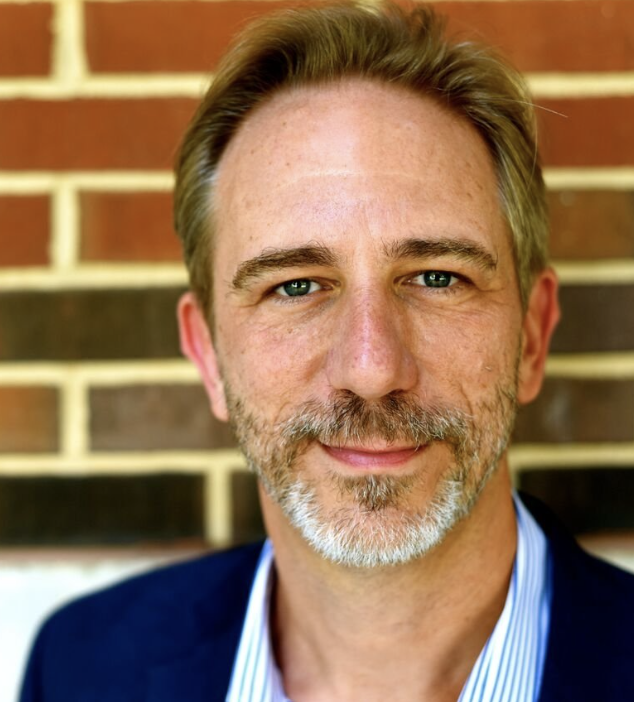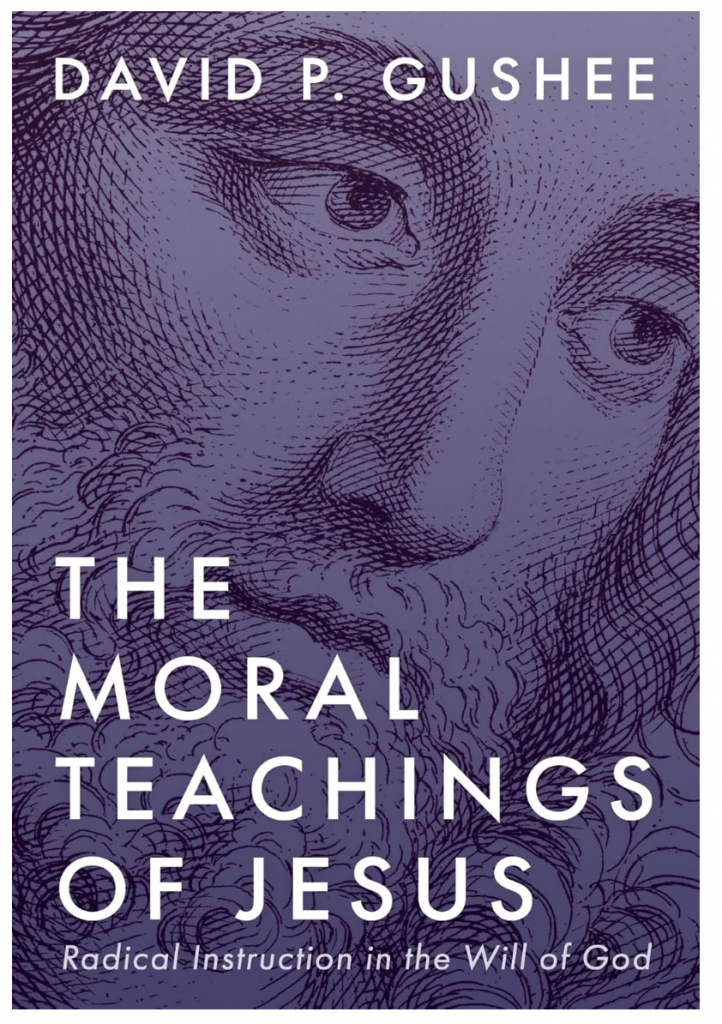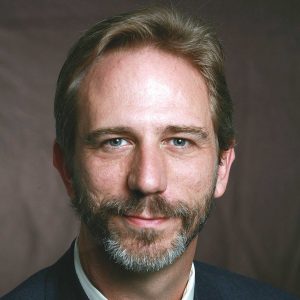

The growing movement of post-evangelicalism highlights an opportunity to elevate and center the moral teachings of Jesus. So many of those who identify as Christian intuitively know that their old version of faith is no longer working, and they feel a theological vacuum. David P. Gushee has been a leader in recent years for those ready to move on to a more examined and robust faith. Now, in The Moral Teachings of Jesus, Gushee examines forty teachings of Jesus, drawn from all four New Testament Gospels, to clarify exactly what Jesus said about the moral life.
Release Date: September 10, 2024

American democracy is in danger. How do we protect it from authoritarian reactionary Christianity?
On January 6, 2021, hundreds of Americans stormed the Capitol to prevent the certification of their political opponent’s election. At the forefront were Christians claiming to act in the name of Jesus Christ and his supposed representative on earth, Donald Trump. How can this have happened?
David P. Gushee tackles the question in this timely work of Christian political ethics. Gushee calls us to preserve democratic norms, including constitutional government, the rule of law, and equal rights for all, even as many Christians take a reactionary and antidemocratic stance. Surveying global politics and modern history, he analyzes how Christians have discarded their commitment to democracy and bought into authoritarianism. He urges us to fight back by reviving our hard-won traditions of congregational democracy, dissident Black Christian politics, and covenantal theology.
Defending Democracy from Its Christian Enemies makes a robust case for a renewed commitment to democracy on the part of Christians—not by succumbing to secular liberalism, but by drawing on our own best traditions. Any concerned Christian will leave its pages with eyes wide open to the dangers of our current form of political engagement. Readers will gain insight into what democracy is truly meant to be and why Christians once supported it wholeheartedly—and should do so again.

Recorded: November 30, 2020; Posted: December 4, 2020.
by David P. Gushee
What does it mean to be a Christian in today’s turbulent world? After every disillusionment and debate, what convictions survive? Dr. David P. Gushee is an influential voice in American religious life as an ethicist, pastor, and activist. He’s advocated on issues ranging from torture and climate change to truth in politics and LGBTQ inclusion. He co-authored the pivotal Kingdom Ethics, a Jesus-based ethics textbook, and has written numerous books and hundreds of opinion pieces on what Christianity has to say about how we should live. Now, in this ambitious new book, Gushee sums up his many years of teaching and experience to provide a definitive, comprehensive vision of the Christian moral life.
With twenty-five easy-to-digest chapters, plus audio and video versions that readers can access from links in each chapter, Introducing Christian Ethics offers readers a way to understand how to situate moral reasoning not only in scripture, but also in tradition and human reasoning. It offers a focus on Jesus and the disinherited, and a nuanced rethinking of the kingdom of God and its meaning for Christian ethics. Drawing on Gushee’s own work and life story but also a richly diverse set of sources, it covers general principles like virtues, truthfulness, love, and justice. And it discusses issues like creation, patriarchy, white supremacy, abortion, sexuality, marriage, politics, crime, and more.
This new book is groundbreaking in its breadth. Written for seminary students, educators, pastors, small groups, and Christians everywhere, this is the first time in his long publishing career that Gushee has offered both audio and video versions along with each copy of the book. The multimedia elements were recorded at the McAfee School of Theology at Mercer University, where Gushee is the Distinguished University Professor of Christian Ethics. The book also includes a complete discussion guide with questions conveniently organized by chapter.
Recorded: SEPT 18, 2020
Part I Posted: SEPT 25, 2020
Part II Posted: OCT 2, 2020

Dr. David P. Gushee (PhD, Union Theological Seminary, New York) is Distinguished University Professor of Christian Ethics and Director of the Center for Theology and Public Life at Mercer University.
Dr. David P. Gushee (Ph.D., Union Theological Seminary, New York) is Distinguished University Professor of Christian Ethics at Mercer University, Chair of Christian Social Ethics at Vrije Universiteit Amsterdam, and Senior Research Fellow at International Baptist Theological Study Centre.
Gushee is the elected Past-President of both the American Academy of Religion and the Society of Christian Ethics, signaling his role as one of America’s leading Christian ethicists.
He is the author, co-author, editor, or co-editor of over 25 books and approximately 175 book chapters, journal articles, and reviews. His most recognized works include Righteous Gentiles of the Holocaust, Kingdom Ethics, and The Sacredness of Human Life, and more recently, Changing Our Mind, Still Christian and After Evangelicalism. Over a 28-year career, he’s been a devoted teacher, scholar, and activist on such issues as climate, torture, and LGBTQ inclusion. Dr. Gushee and his wife Jeanie live in Atlanta. You can connect with him and subscribe to his newsletter at davidpgushee.com or follow @dpgushee on social media.
Official Web Site – www.davidpgushee.com
by David P. Gushee
A building crescendo of developments, culminating in evangelical support for the Trump presidency, has led many evangelicals to question the faith they inherited. If being Christian means rejecting LGBTQ persons and supporting systemic racism, perhaps their Christian journey is over.
David Gushee offers a new way forward for disillusioned post-evangelicals by first analyzing what went wrong with U.S. white evangelicalism in areas such as evangelical identity, biblical interpretation, church life, sexuality, politics, and race. Gushee then proposes new ways of Christian believing, belonging, and behaving, helping post-evangelicals from where they are to a living relationship with Christ and an intellectually cogent and morally robust post-evangelical faith. After Evangelicalism shows that it is possible to follow Jesus out of evangelical Christianity, and more than that, it’s necessary.
with David Gushee and Jeremy Hall